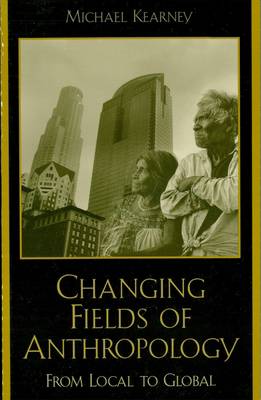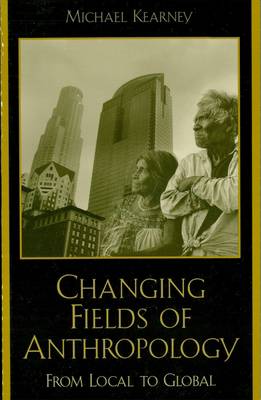
- Afhalen na 1 uur in een winkel met voorraad
- Gratis thuislevering in België vanaf € 30
- Ruim aanbod met 7 miljoen producten
- Afhalen na 1 uur in een winkel met voorraad
- Gratis thuislevering in België vanaf € 30
- Ruim aanbod met 7 miljoen producten
Zoeken
€ 169,45
+ 338 punten
Omschrijving
This work explores major shifts and re-orientations in the history of American anthropology. It engages three fundamental intellectual-political challenges that American anthropology is destined to confront - becoming more self-reflexive, achieving holism, and defence of universal human rights.
Specificaties
Betrokkenen
- Auteur(s):
- Uitgeverij:
Inhoud
- Aantal bladzijden:
- 368
Eigenschappen
- Productcode (EAN):
- 9780847693726
- Verschijningsdatum:
- 10/08/2004
- Uitvoering:
- Hardcover
- Afmetingen:
- 164 mm x 234 mm
- Gewicht:
- 599 g

Alleen bij Standaard Boekhandel
+ 338 punten op je klantenkaart van Standaard Boekhandel
Beoordelingen
We publiceren alleen reviews die voldoen aan de voorwaarden voor reviews. Bekijk onze voorwaarden voor reviews.








